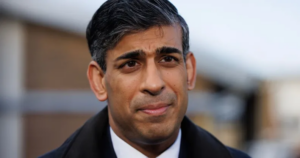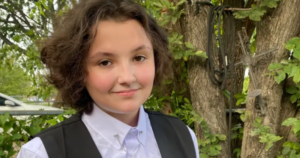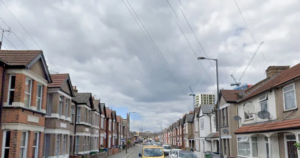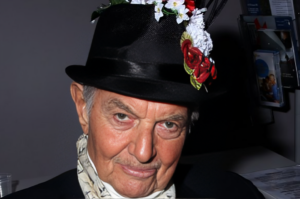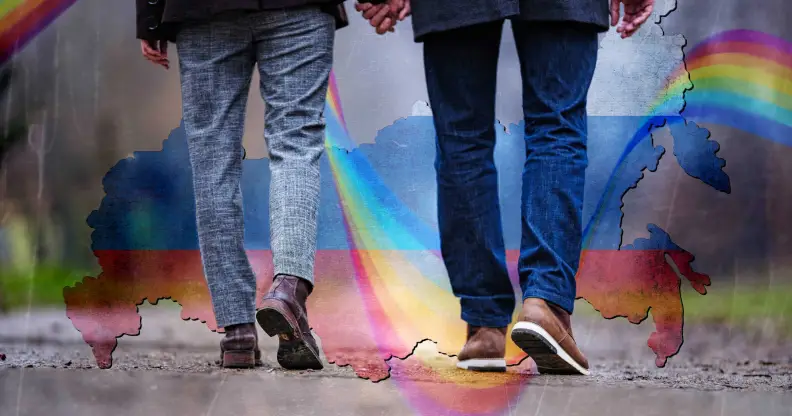
Max and Sasha, a queer Russian-Ukrainian couple, are just two among the growing number of LGBTQ+ individuals who have fled Russia in recent times to escape violence, discrimination, and the harsh reality of living under President Vladimir Putin’s repressive regime. Their harrowing journey to safety highlights the dire situation faced by LGBTQ+ people in Russia and the challenges they encounter when seeking refuge in more accepting countries.
Putin’s staunch rejection of what he perceives as Western “degradation” has led to a disturbing trend of anti-LGBTQ+ legislation in Russia. Simultaneously, his government has tightened its grip on free speech, human rights, and dissent, especially as the conflict in Ukraine rages on.
Max and Sasha fled Russia around a year ago, joining the ranks of hundreds of thousands seeking safety in neighboring countries. Their journey was far from smooth. Hitching a ride with a stranger, they reached the Latvian border, where they were met with suspicious guards who demanded to know why they were leaving Russia. Unable to reveal their true reasons for fleeing, they endured hours of uncertainty, struggling to hold back tears.
Their ordeal didn’t end there. The border guards initially separated Sasha, who is Russian, from Max, who is Ukrainian. Knowing they had to stay together, the couple regrouped in Russia and found alternative ways to cross the border.
Several countries neighboring Russia, including Latvia, Lithuania, Estonia, Poland, and Finland, have implemented measures to restrict the entry of Russian citizens, reducing the chances for people like Max and Sasha to find safe havens.
Upon finally entering one of the Baltic states, Max and Sasha embarked on the challenging process of applying for asylum. Their differing citizenships, complicated by the ongoing war in Ukraine, presented additional hurdles. While Max, as a Ukrainian, has certain privileges, such as the ability to travel and find work more easily, Sasha lacks the same level of support due to their unmarried status.
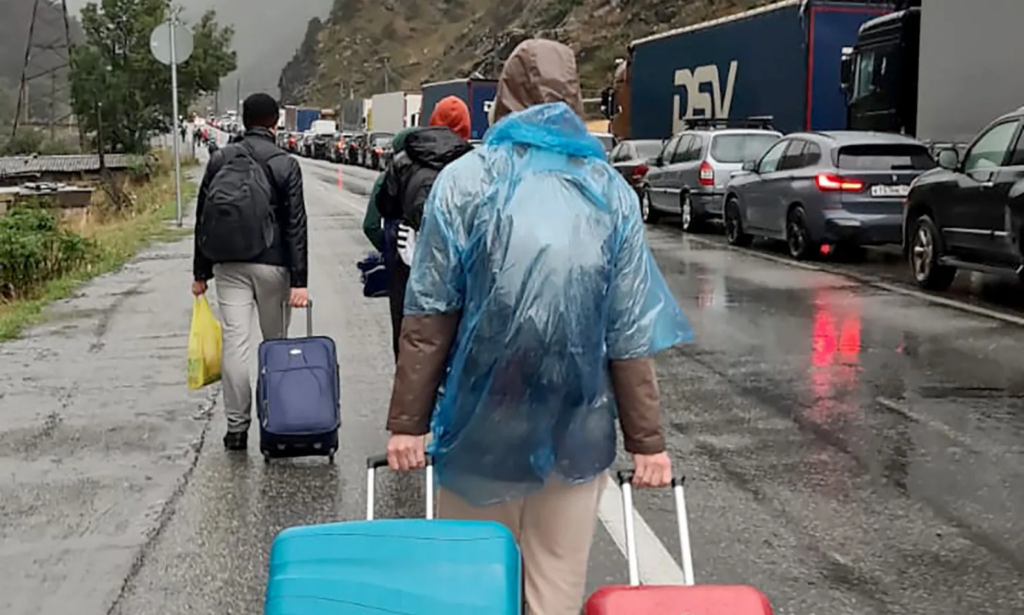
Their asylum application initially faced rejection, with the reviewer downplaying the severity of the discrimination and violence LGBTQ+ individuals face in Russia. The couple’s experience of pretending to be someone they were not to avoid persecution on the streets was met with disbelief.
Max recounts an incident near a subway station where derogatory comments from passersby escalated to a point where they were shot at. When questioned during their asylum interview about why they didn’t seek police assistance, they explained the futility of such actions.
Sasha and Max have since been granted asylum, but they are left with enduring emotional scars. Many people are oblivious to the extent of discrimination and violence faced by LGBTQ+ individuals in Russia, as they have misconceptions about the country.
Anti-LGBTQ+ ideology has been a central component of Russia’s political propaganda over the past decade. Recent laws have prohibited gender-affirming care for trans people, nullified marriages with transgender individuals, and restricted transgender people from adopting or fostering children. These developments have coincided with the expansion of Russia’s “LGBTQ+ propaganda law,” which suppresses any positive or neutral queer representation in public spaces and pop culture.
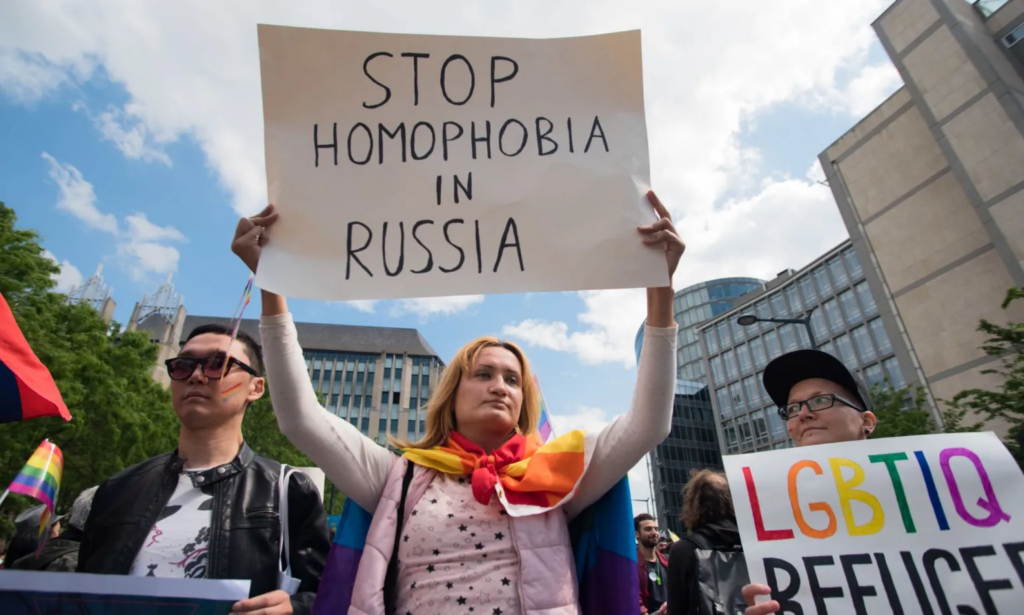
The impact of these oppressive laws still lingers in the lives of LGBTQ+ individuals like Max and Sasha, who often feel compelled to remain cautious and hide their true selves, even in their new homes. The trauma of persecution in Russia can lead to a lingering sense of danger and a reluctance to fully express their identities.
Anna-Maria Tesfaye, the co-founder of the LGBTQ+ nonprofit organization Queer Svit, explains that many LGBTQ+ people who have fled Russia initially believe they can leave their trauma behind, but they discover they are still “mentally” trapped in Russia’s politics of terror. Post-traumatic stress disorder often affects those who have experienced such intense repression.
Max and Sasha admit they still scan their surroundings for potential threats and remain vigilant due to their Russian experiences. While they may feel a “little more freedom” in their new home, the trauma they endured continues to cast a long shadow.
In the face of ongoing repression, it is clear that escaping Russia is only the first step for LGBTQ+ individuals. The scars of their past experiences endure, reminding us of the urgent need for global attention and support for those fleeing discrimination and violence in Russia and other oppressive regimes.
Author












